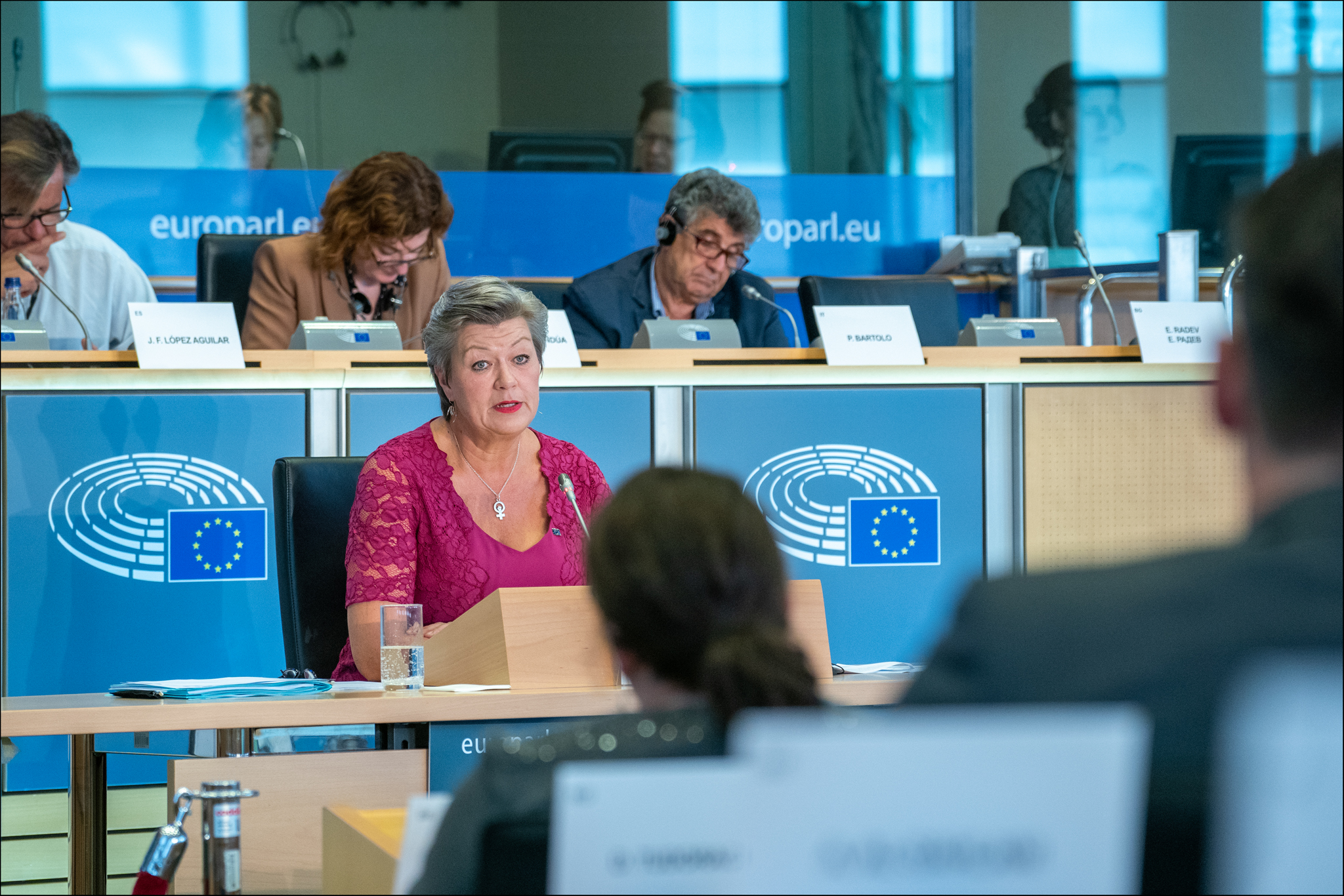Policy regarding asylum seekers and refugees is decided domestically by the EU member states, but has long been on the agenda for the EU. Now a clear-cut East/West split appears, and the European Commision have yet to settle the differences.
By Ander Dacosta, Jorik Simonides and Anton Dahl Andersen
Since the beginning of the Russian invasion of Ukraine, Russian nationals have tried entering the European Union. Some have entered using a regular tourist visa, while others are seeking asylum.
The opinions regarding Russians as asylum seekers vary wildly within the EU, revealing an East/West split in the union. The Baltic countries on one side have a dark history with their neighbor to the east, and are afraid that these refugees from Russia could potentially be spies. The Baltics also believe that Russians should stay in Russia and try to fight the regime from the inside instead of leaving for Europe.
EU-member states in Western Europe have a different opinion though. They want to be more open and welcome towards Russian refugees. Their argument is that Russian nationals should have the opportunity to leave their country behind, if they do not agree with the geopolitical politics of Putin. They also argue that some of these refugees’ lives might be at stake just for being against the government.
The policies regarding asylum seekers and refugees are policies decided by the member states domestically and is by definition not entirely an EU matter. The EU has tried – and continues trying – to create a joint approach to this problem, but has so far fallen short.

